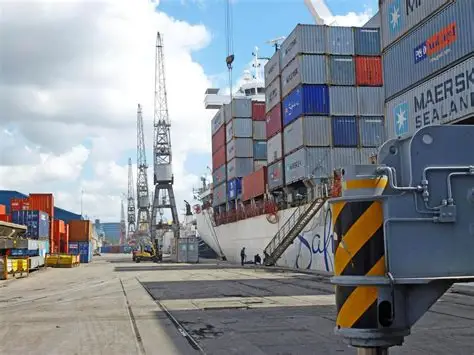Published
6 months agoon
By
Adubianews
Anti-Fraud professional and lecturer, Ransford Nana Addo Jnr, has stressed the need for tighter monitoring at Ghana’s ports and customs to curb the inflow of stolen cars.
His call comes in the wake of growing concerns over the smuggling of such vehicles into the country, including the recent case involving musician Shatta Wale’s car.
Sharing his thoughts on JoyNews’ AM Show, Nana Addo Jnr argued that weak surveillance at the country’s entry points fuels the problem. “Irrespective of who is buying the vehicle, whether importer or dealer, once it gets to the shores of this country or borders, if we are working with international partners like the FBI and Interpol, and a vehicle is branded as stolen, we should ask the authorities questions – how did these vehicles get registered in this country?” he said.
According to him, many Ghanaians mistakenly assume that once customs clears a car, it is legitimate. “The average Ghanaian would take the duty document and car papers and say that so far as customs has actually stamped it, it is genuine. So if customs has given the go-ahead, and it goes through licensing, people assume the process is clean,” he explained. He insisted that the weak link remains the port system. “The point where we need to tighten will be at the ports and our customs. Whether it is an importer or an individual, the collaboration between our security agencies has to be on point,” he emphasized.
He made reference to Shatta Wale’s seized vehicle, which was flagged by the Economic and Organised Crime Office (EOCO) as stolen. Nana Addo Jnr noted that Ghana’s institutions should have acted before international intervention.
“Indeed, if this is a 2019 vehicle and we assume it was stolen about a year ago, by now it should have been flagged on the various portals of the CID, DVLA, and Customs division. We should not have waited for the FBI to come into town. If we had already received notification that this vehicle was stolen, then it should never have passed through our system in the first place,” he remarked.
He concluded by warning that several luxury cars on Ghanaian roads show registration details that do not align with their manufacturing year. “There are very luxurious vehicles in town being driven by some people, and you notice that the vehicle registration doesn’t match the year of manufacturing. That should be a red flag,” he cautioned.

























